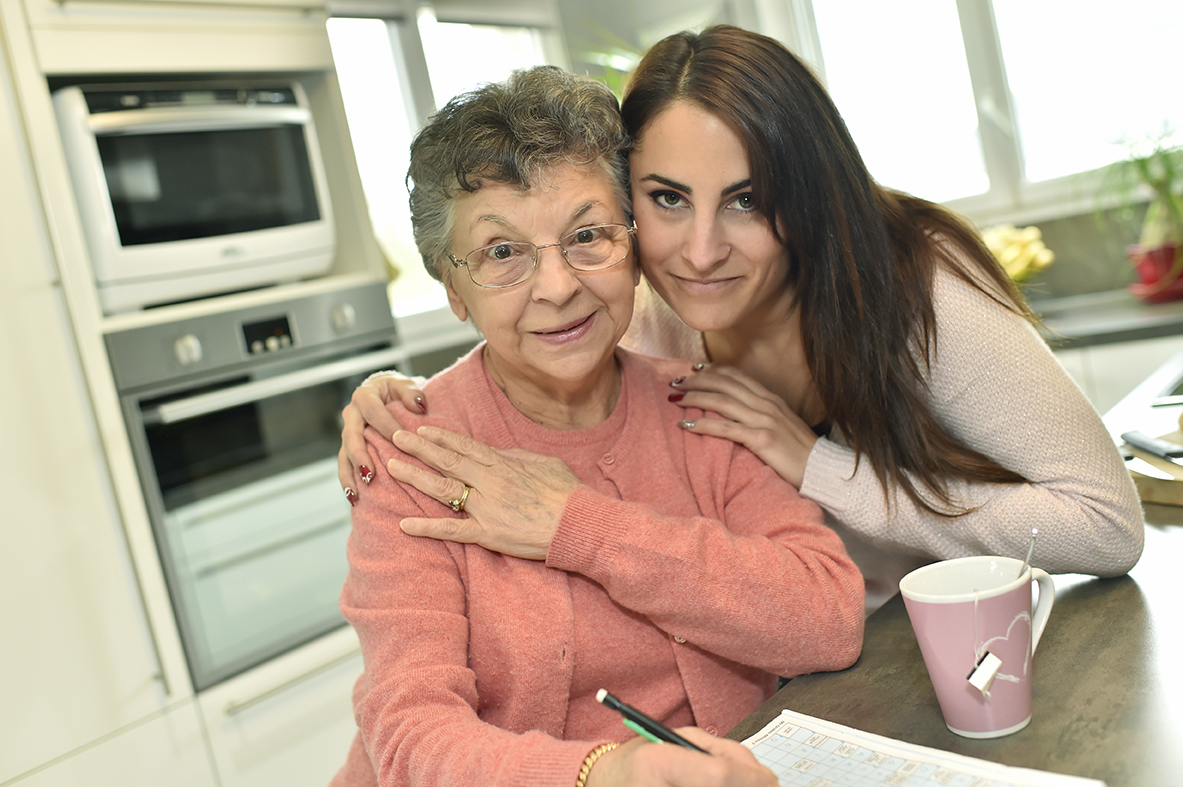
Deciding to move a parent into long-term care is one of the most challenging decisions families face. While it often ensures safety, professional support, and improved quality of life for the parent, it can trigger a range of complex emotions for everyone involved. Guilt, grief, and uncertainty are common feelings for adult children making this transition. This article explores the emotional impact of such a decision and provides coping strategies that can help families navigate this life stage with compassion and resilience.
Why the Emotional Impact Is So Significant
Placing a parent into care is not just a logistical decision; it is an emotional milestone that reshapes family dynamics. Common reasons for emotional strain include:
Feelings of guilt: Many adult children feel they are abandoning their parents.
Loss of role: Shifting from primary caregiver to supportive visitor can feel disorienting.
Anxiety about quality of care: Concerns about whether the parent will feel safe and comfortable.
Grief and sadness: Acknowledging changes in independence and family life.
Find YOUR ideal care home NOW!
Coping Strategies for Families
Families can adopt several approaches to make the transition more manageable:
Acknowledge and accept emotions
Recognise that guilt, sadness, or relief are natural reactions.
Allow space for open conversations within the family.
Involve your parent in the process
Where possible, let them participate in decision-making.
Encourage them to visit or consider trial stays.
Stay connected after the move
Regular visits, calls, and family activities help maintain bonds.
Encourage grandchildren and extended family to remain involved.
Seek professional and peer support
Counselling, support groups, and community organisations can provide guidance.
Focus on the positives
Remember that professional care ensures safety, health monitoring, and social engagement.
The emotional impact of moving a parent into care
Coping strategies for families
Placing a parent into care can bring complex emotions, including guilt, sadness and relief. These feelings are common and part of a difficult transition.
- Acknowledge mixed emotions: Feeling conflicted does not mean you are making the wrong decision.- Stay involved: Regular visits and communication help maintain connection and reassurance.
- Seek support: Talking with professionals, carers or support groups can ease emotional strain.
- Focus on wellbeing: Remember that appropriate care can improve safety, comfort and quality of life.
Understanding the emotional side of this transition helps families cope with compassion, clarity and confidence.
Get support and guidance for your familyFree guidance • No obligation
Emotional Challenges vs. Coping Responses
| Emotional Challenge | Family Reaction | Effective Coping Strategy |
|---|---|---|
| Guilt over the decision | Feeling of having “failed” as a caregiver | Reframe the move as ensuring professional care and wellbeing |
| Anxiety about the future | Fear of reduced involvement | Create a visiting schedule and maintain close communication |
| Sadness and grief | Sense of loss for the parent’s independence | Focus on activities that maintain dignity and quality time |
| Conflict among siblings | Disagreements about the decision | Seek mediation or involve a social worker for balanced input |
FAQ
Why do families feel guilty about moving a parent into care?
Because many adult children believe they should provide full care themselves, but in reality, professional care ensures safety and better support.
How can families cope with the sadness of this transition?
By staying connected through visits, encouraging family involvement, and focusing on the improved quality of life for their parent.
Is it normal to feel relief after moving a parent into care?
Yes. Relief is a natural response, as families know their loved one is receiving proper attention and support.
Can siblings disagree on care decisions?
Yes, and conflicts are common. Mediation, social workers, or external advisors can help families reach consensus.
What resources are available in the UK for emotional support?
Families can access NHS social care guidance, local authority services, and charitable organisations providing counselling and carer support.
Need help finding a care home?
Senior Home Plus offers free personalized guidance to help you find a care facility that suits your health needs, budget, and preferred location in the UK.
Call us at 0203 608 0055 to get expert assistance today.
Search for Care Homes by Region
| East Midlands | Eastern | Isle of Man |
| London | North East | North West |
| Northern Ireland | Scotland | South East |
| South West | Wales | West Midlands |
| Yorkshire and the Humber |
You are looking for a care home or nursing home for your loved one ?
Share this article :
Latest posts
You are looking for an establishment for your loved one ?
Get availability & prices
Fill in this form and receive
all the essential information
We would like to inform you of the existence of the opposition list for telephone canvassing.










